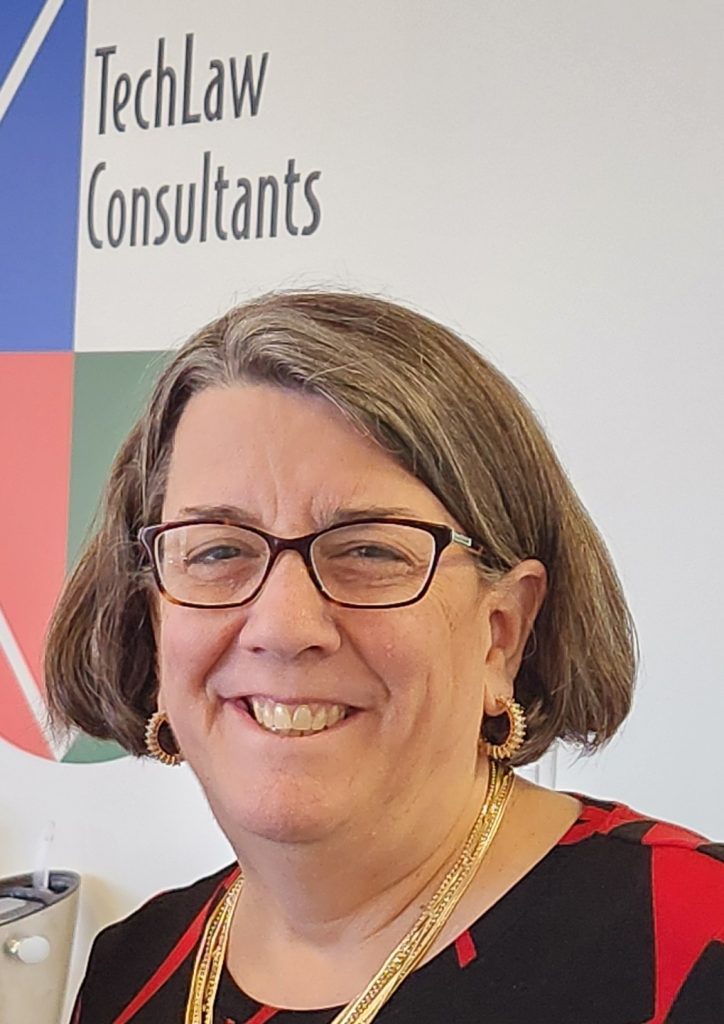A Pique Into Our Environment

A lot of information from a lot of sources moves across my desk—and computer screen—every day. Much of it, of course, relates to my work: science, law, management, business trends and the like. Some of it is quite serious, while other items aren’t; yet, they pique my curiosity. What I’ll be doing over the next few months will be an exercise in sharing some of what I’m seeing, in the hope that others might find an interesting nugget or two of information that can be a takeaway for your next staff meeting—or your next backyard barbecue. While much of what I’ll be focusing on will relate to the importance of preserving and protecting our environment, there are many other things happening out there that affect so many people in so many different ways. And I hope that you’ll find them as intriguing as I do, and be happy to keep exploring our world just a little more.
Today’s Topic: Water for People
According to the United Nations, roughly half of the world’s population—around four billion people—experiences severe water scarcity at some point during the year.1 And when people can access water, there is no guarantee that the water will be clean, especially in poorer countries—although some high-income regions experience contamination from agricultural runoff.2 Water scarcity is also a problem of gender equity: Women and children—girls, in particular—are more likely than men and boys to be responsible for collecting water, which not only presents physical risks and dangers, but also negatively impacts educational opportunities and attainment.3 Indeed, one of the few problems that rivals a lack of water is a surfeit of water. Not only do drought conditions make floods more frequent and more intense,4 but both droughts and floods are exacerbated by global warming, and extreme water events are responsible for thousands of deaths and millions of displacements, impacting well over a billion people and causing hundreds of billions of dollars in damages. 5 Water, in other words, is central to some of the most pressing environmental issues facing humanity in the twenty-first century.
Complex, global issues require considered, global responses, and in the early 1980s, members of the American Water Works Association (AWWA) began applying their years of expertise to the delivery of clean water in West Africa.6 Over time, what began as a side project by the AWWA evolved into a standalone organization, Water for People, that operates across four continents to address water crises and all their impacts.7 Recognizing the numerous ways in which water scarcity, droughts, and flooding impact communities, Water for People has built its work around four thematic pillars: climate change and resiliency, human health and hygiene, economic development, and gender equity.8
Climate resiliency is closely linked with the propagation of native plant species across the world, which prevent erosion with their root systems, support biodiversity, and generally have water requirements in line with the local environment. To that end, Water for People has either planted, or provided the resources to plant, tens of thousands of native trees in Bolivia’s interior region.9 While it can be difficult and time consuming to address some of the root causes of contaminated water supplies, infrastructure upgrades and maintenance are instrumental in protecting communities and their water supply, and Water for People has partnered with local and national governments, in addition to The Nature Conservancy, to address infrastructure degradation in Malawi.10 Further, the organization has dedicated significant resources to training healthcare professionals and patients in Malawi’s and Uganda’s hospitals to prevent infections and improve treatment, bolstering health outcomes at all possible intervention points.11 Turning to economic development opportunities, Water for People not only recognizes that improved access to clean water makes it easier for people across the world to achieve economic stability, but also that sanitation and water supply can create new economic opportunities.12 For example, Water for People has supported septic tank builders in Honduras,13 pump mechanics in India,14 and latrine maintenance professionals in Uganda.15 Finally, Water for People has worked across the world to elevate women’s voices, supporting construction of community toilets in rural India16 and marrying traditional ecological knowledge with 21st-century technologies in Guatemala’s Indigenous communities.17
Moreover, recognizing that water collection and contamination disproportionately impact girls’ ability to attain educations, Water for People supports educational opportunities in Malawi and elsewhere, including providing for much needed menstrual hygiene.18 In sum, while the challenges of water scarcity, sanitation, and climate change will continue to impact people and communities across the planet, organizations like Water for People are providing resources and networks to address those challenges and more. What is more, such groups are working with and alongside those local communities and governments to ensure tailored and sustainable responses to concerns associated with water and water supply.
References
1. https://www.unesco.org/reports/wwdr/en/2024/s
2. Id.
3. https://www.unicef.org/wash/water-scarcity
4. https://www.wired.com/story/drought-causing-floods/
5. https://www.unesco.org/reports/wwdr/en/2024/s
6. https://www.waterforpeople.org/wp-content/uploads/2023/02/2022-Nov-Water-For-People-book_Eng.pdf
7. https://www.waterforpeople.org/wp-content/uploads/2024/03/Water-For-People_Impact-Report-2023_Digital.pdf
8. Id.
9. https://www.waterforpeople.org/one-tree-at-a-time/
10. https://www.waterforpeople.org/preventing-epidemics/
11. https://www.waterforpeople.org/wp-content/uploads/2024/03/Water-For-People_Impact-Report-2023_Digital.pdf; https://www.waterforpeople.org/water-gives-health/
12. https://www.waterforpeople.org/wp-content/uploads/2024/03/Water-For-People_Impact-Report-2023_Digital.pdf
13. https://www.waterforpeople.org/meet-sixto/
14. https://www.waterforpeople.org/friends-of-water/
15. https://www.waterforpeople.org/a-changed-lifethrough-emptying-latrines%ef%bb%bf/
16. https://www.waterforpeople.org/one-toilet-at-a-time/
17. https://www.waterforpeople.org/meet-teresa/
18. https://www.waterforpeople.org/women-and-water/